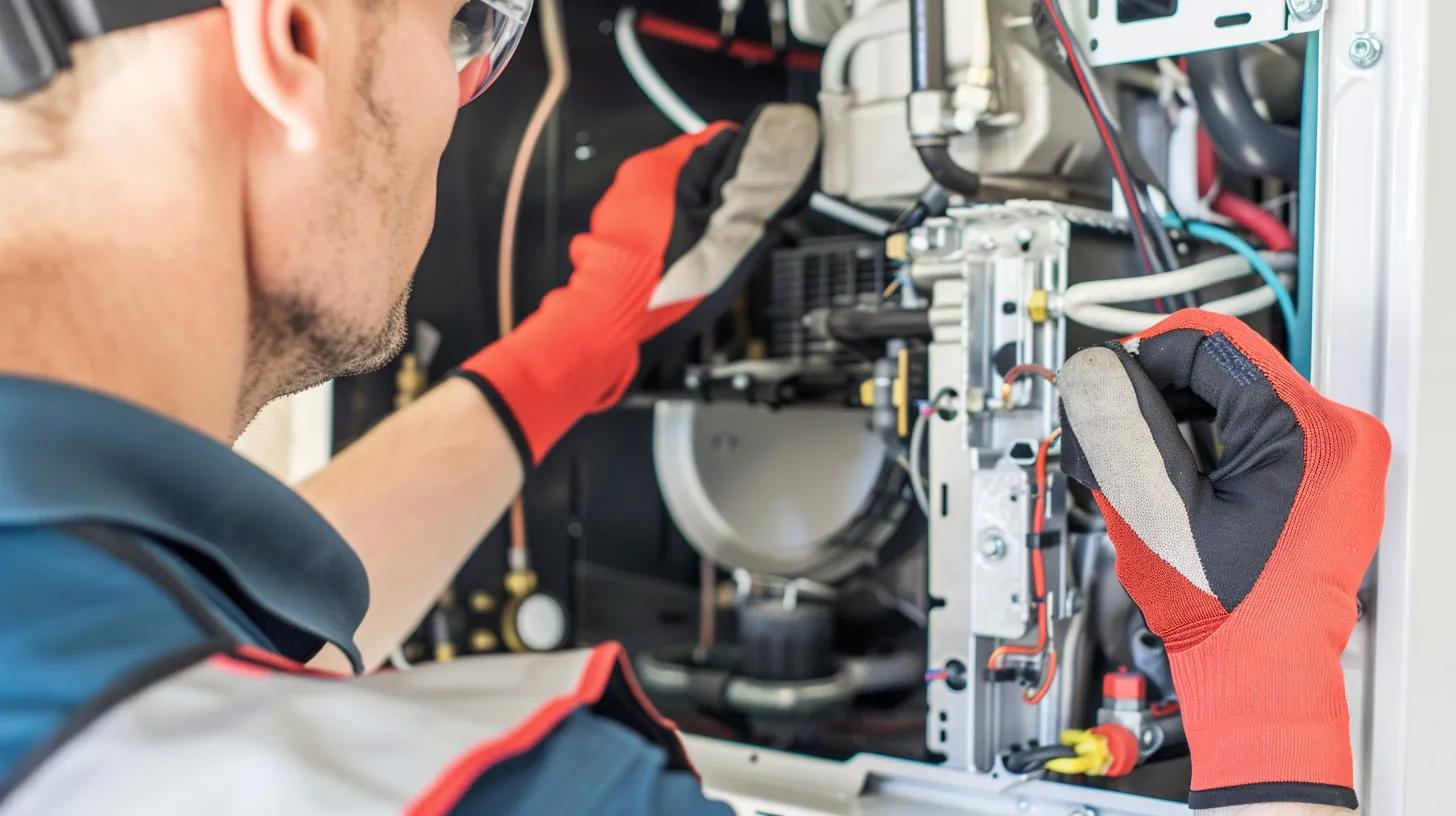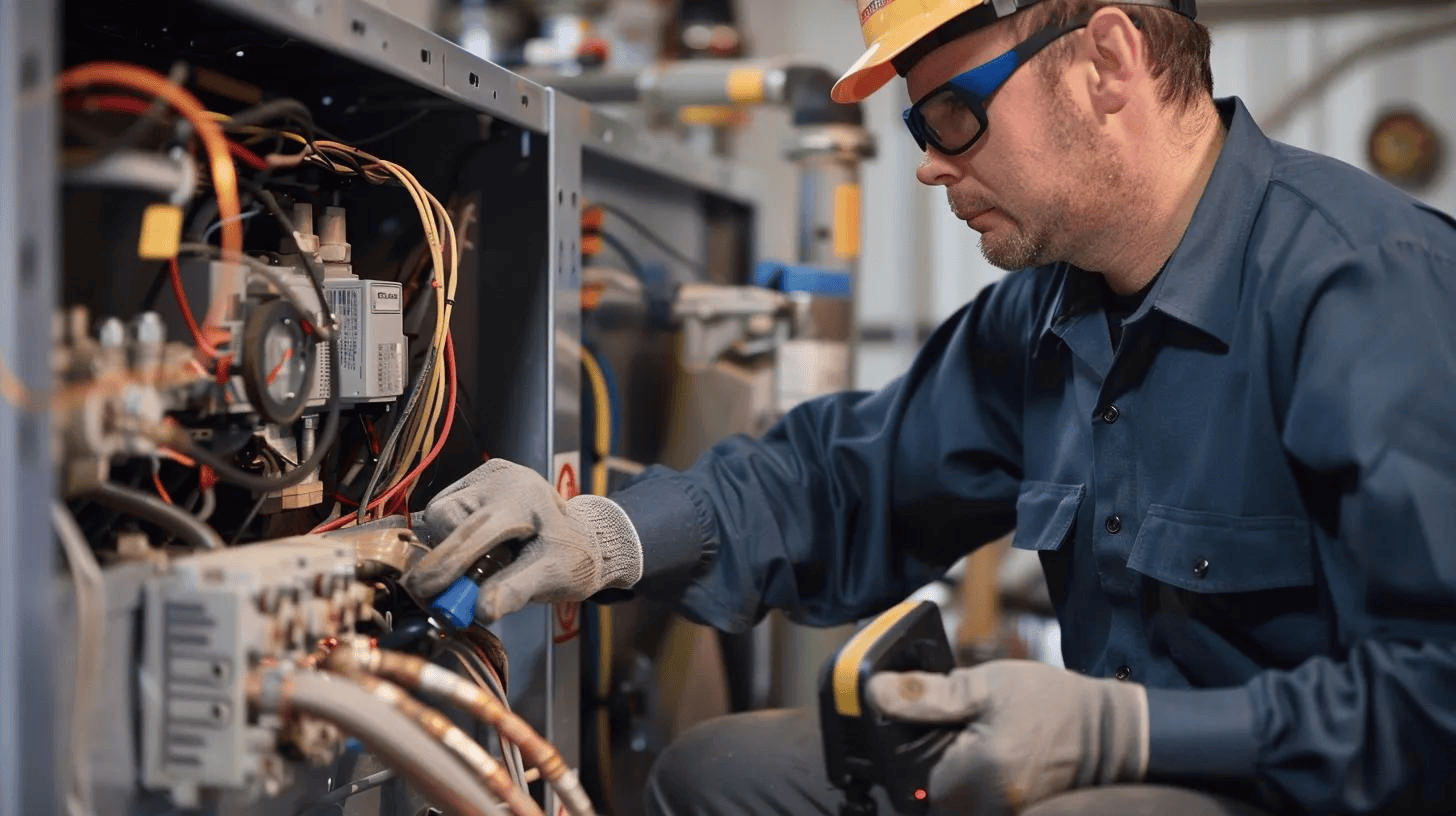A mini split system that isn’t cooling your home properly during Windsor’s summer heat can be more than frustrating. Whether it’s blowing warm air, short cycling, or not keeping up with the thermostat setting, cooling issues can make your living space uncomfortable fast. When your system starts acting up, it’s important to look at potential causes before the problem gets worse.
Ignoring small performance issues in your system can lead to bigger, more expensive repairs later on. Some problems might be simple, like dirty filters, while others could be signs of deeper issues needing professional inspection. If you're unsure what's going wrong or you're tired of trying to figure it out yourself, here are a few things to check before calling for mini split service in Windsor.
Common Causes of Mini Split Cooling Problems
Several issues can stop your mini split from cooling like it should. A few of them are relatively minor, while others require attention from trained technicians. Here are the most common reasons a mini split stops working properly:
1. Blocked Air Filters
One of the first things to check is the air filters. When they’re full of dust, pollen, pet hair, and other debris, the system can’t move air efficiently. This causes weak airflow, longer cooling times, and added strain on the system. It’s good practice to inspect filters every 30 days during peak use and clean or replace them as needed.
2. Refrigerant Leaks
Low refrigerant levels will cause your mini split to blow warm or lukewarm air instead of cool air. You might also notice ice building up on the indoor coil or hissing sounds coming from the lines. Because handling refrigerant safely requires special training, this type of issue needs to be diagnosed and resolved by our professionals.
3. Dirty Coils
When the coils are dirty, the system can’t absorb or release heat properly. Dust and grime build up over time, especially if the system hasn’t been maintained in a while. This buildup puts added pressure on the unit and lowers its efficiency. Cleaning the coils is a routine part of system maintenance.
4. Electrical Problems
Mini split systems have several electronic components that control startup, fan speed, communication, and sensors. Loose connections, faulty circuit boards, or worn capacitors can cause the unit to shut down or behave inconsistently. If the system cuts off randomly or doesn't respond to the remote, electrical components may be to blame.
Each of these issues affects cooling performance in a different way. Some may overlap, and more than one problem can happen at the same time. That’s why it's helpful to understand a few basic troubleshooting steps, especially during the summer months when your system is working the hardest.
Troubleshooting Steps for Homeowners
Before calling for professional mini split service in Windsor, there are a few things homeowners can safely check that might help pinpoint an issue. These steps won’t fix deeper problems, but they can help reduce problems temporarily or at least clarify what’s going wrong.
1. Check Thermostat Settings
Make sure your system is set to "cool" and not "fan" or "heat." A quick look at the remote or wall-mounted control panel can confirm this. Even small changes can make the system behave differently, especially if someone in the household adjusted the settings by accident.
2. Inspect the Outdoor Unit
If your mini split has an outdoor condenser, scan the area around it. Leaves, branches, garbage, or overgrown plants can block airflow. The system needs space to release heat, and obstructed airflow makes it harder to cool your space. Clear any debris around it, but avoid opening panels or touching electrical parts.
3. Clean or Replace Air Filters
If it’s been more than a month since the last cleaning, remove the filters and gently wipe off the dust or rinse them if they’re washable. Let them dry fully before reinserting. Dirty filters are one of the most common and preventable causes behind poor cooling.
4. Listen for Unusual Noises
Sounds like clicking, buzzing, or hissing can point to different internal issues. Clicks might mean electrical relays are sticking. Buzzing could mean weak voltage or motor problems. A steady hissing noise might be refrigerant escaping from small leaks in the line. Write down what you hear and when it happens to make it easier for technicians to track down the cause.
One Windsor homeowner noticed the bedroom wasn’t cooling as well as it used to. After cleaning the filter and clearing yard debris near the outdoor unit, they still felt little improvement. They called for help, and it turned out the issue was a low refrigerant level. Without trying the basic steps first, they may have spent more time guessing instead of giving our technicians helpful details that sped up the repair process.
When to Call a Professional
Even after trying the common troubleshooting steps, some cooling issues won’t improve without expert help. This is often the case when there are deeper parts of the system involved that aren't safe or easy for homeowners to access. If your mini split still isn’t cooling the way it should, here’s how to know when it’s time to bring in our technicians.
Persistent cooling problems signal that something more complex may be at play. Whether the system’s output feels weak, rooms are staying warmer than expected, or it keeps powering on and off, trying to tough it out won’t make the problem better. Delaying service could do more harm than good and shorten the system’s overall lifespan.
Signs of refrigerant leaks call for immediate action. If you notice ice buildup on coils, extended cooling cycles that never seem to reach the target temperature, or strange sounds like hissing, don’t wait. Handling refrigerant correctly is not something to leave to anyone other than a trained technician. Leaks can also pose a risk to equipment and comfort if left unaddressed.
Electrical problems are another serious concern. Random shutdowns, unresponsive remotes, or lights flickering when the unit starts could point to circuit issues. These aren’t just inconvenient—they pose safety risks and should not be handled without expertise. Our technicians can isolate the electrical problem safely, avoiding damage and reducing the risk of further issues down the line.
Even without a clear problem, scheduling routine maintenance is one of the smartest ways to avoid unexpected outages. Regular care keeps all components working together like they should. It lengthens the life of the mini split and reduces the chances of efficiency problems. During a visit, our professionals can also catch small issues before they turn into larger, costly repairs.
Taking the Next Steps for Optimal Cooling
When a mini split system stops cooling well, life inside a home in Windsor can get hot fast. That’s why it’s so important to know what to check, act early, and recognize when it’s time to call in help. Ignoring signs can lead to uncomfortable indoor conditions and higher energy costs, especially during the hottest days of summer.
Staying ahead of problems—whether it’s clogged filters or more serious system concerns—means cooler days and fewer breakdowns. If your system isn’t delivering the comfort you expect, a professional evaluation will help you figure out exactly what needs to be done. From simple cleaning to deeper diagnostics, one visit can help you get back to comfortable, reliable cooling.
If your mini split troubleshooting steps haven't resolved the cooling issues in your Windsor home, it may be time for professional help. Learn more about our mini split service in Windsor to get reliable performance back on track. For a quick estimate or to book a service visit, please contact us today.
Customer Testimonials
See what homeowners across Windsor and Northern Colorado are saying about our reliable service, expert workmanship, and commitment to getting the job done right.



.svg)





.png)


